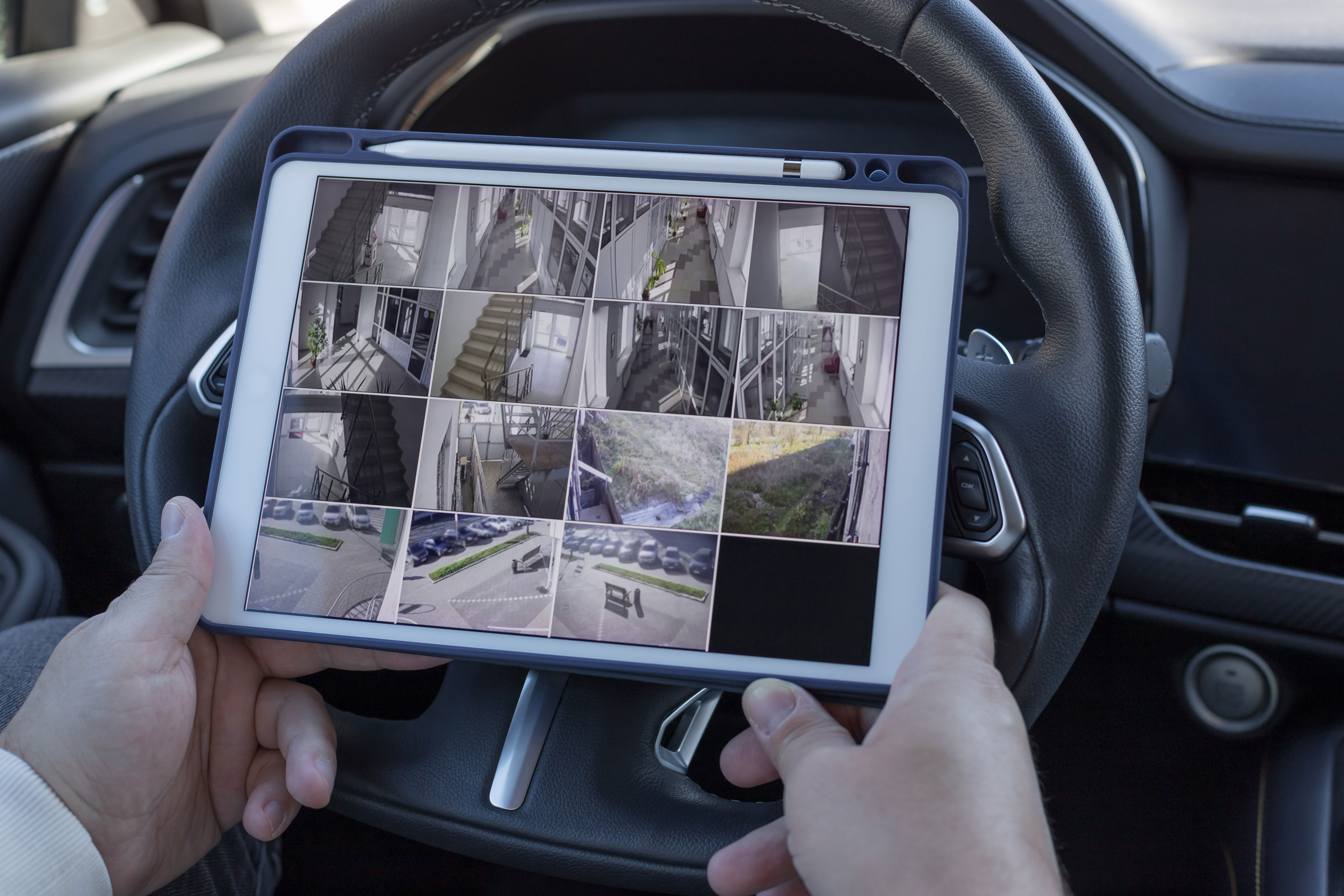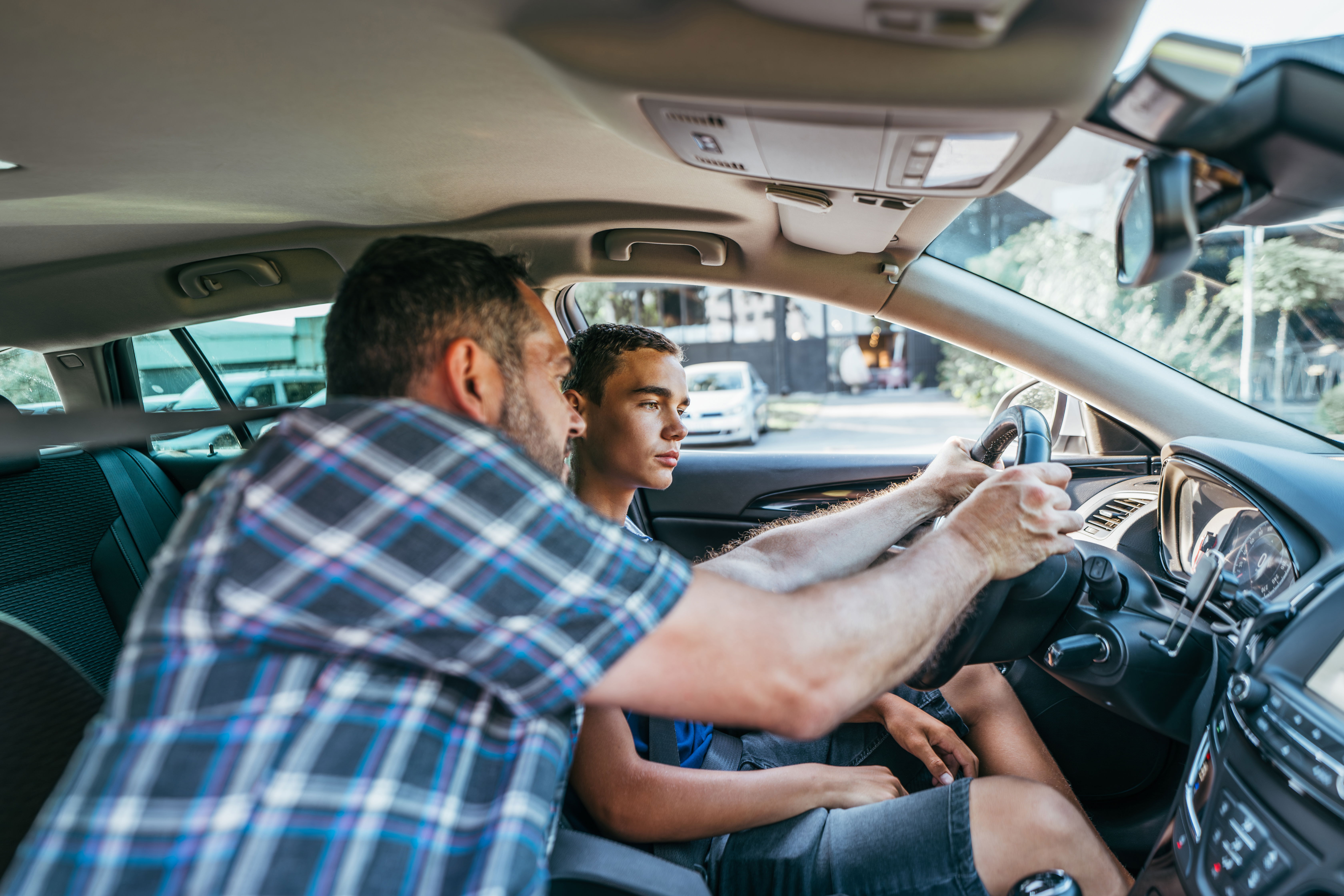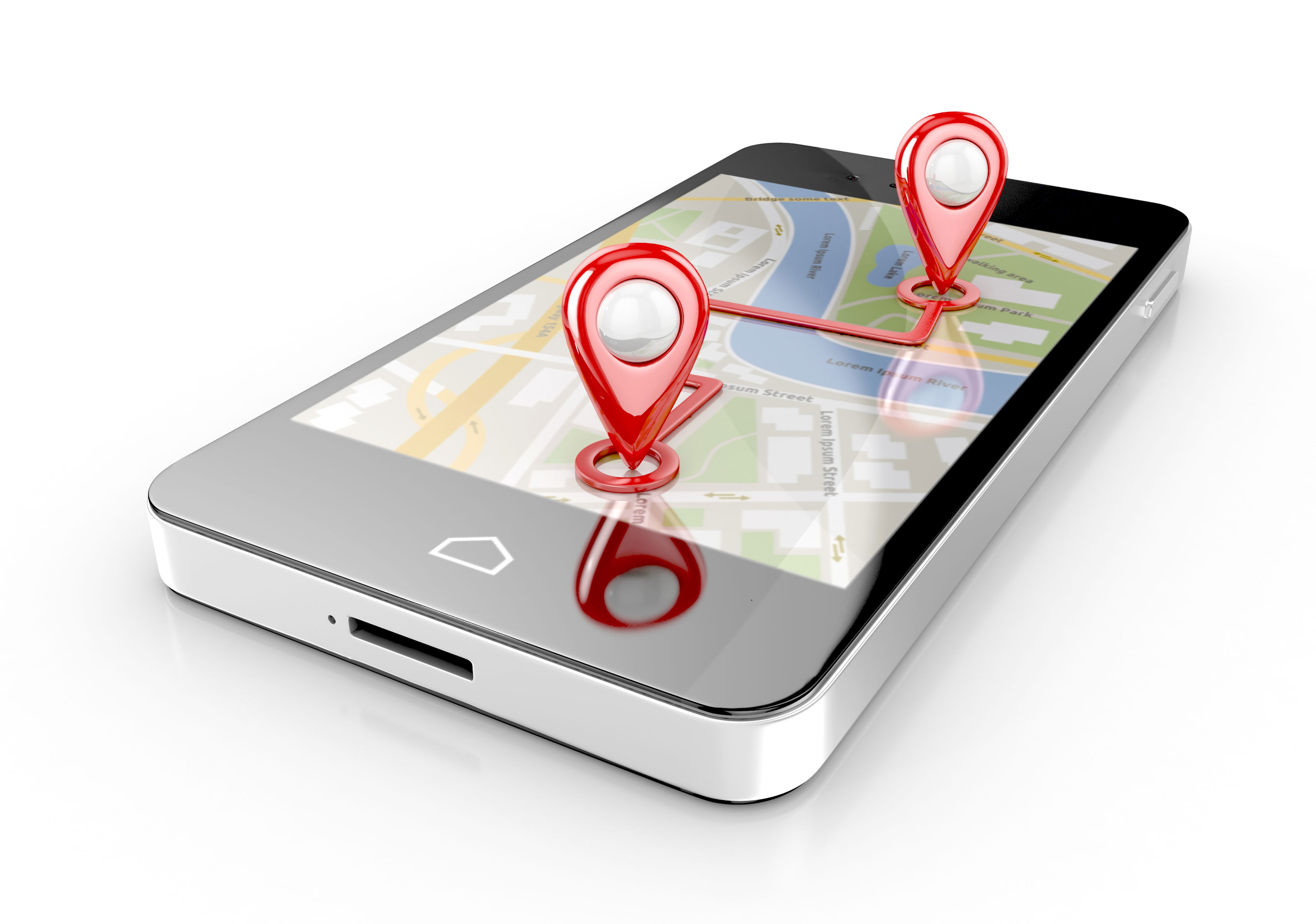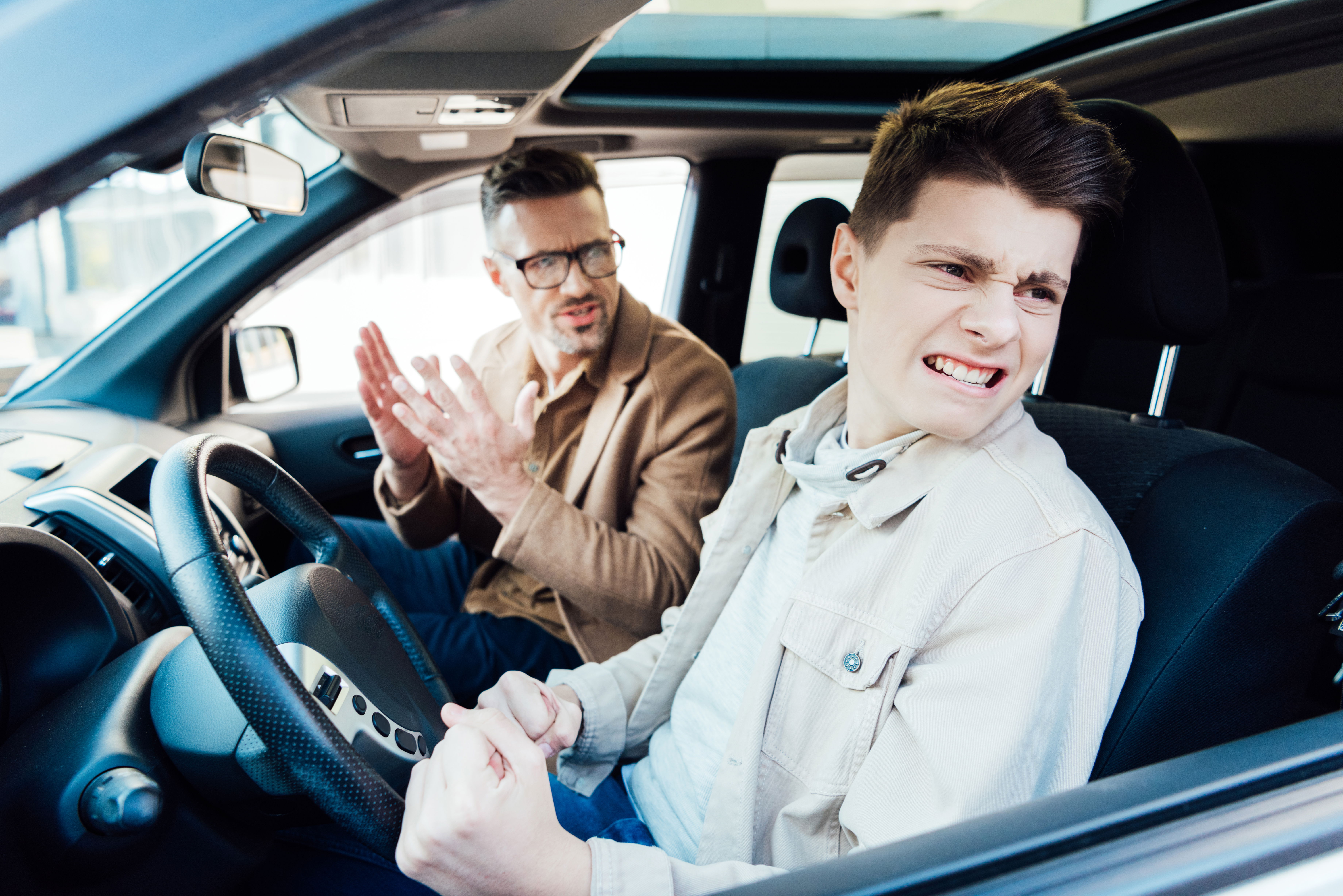Is parental tracking a safety net or a surveillance trap? FinanceBuzz reveals 85% of parents can monitor their teen's driving, with 39% doing so covertly. While most parents champion safety and improved relationships, this normalization of tracking sets a dangerous precedent. It teaches the next generation that being constantly watched is acceptable, trading privacy for a deceptive sense of security. Could this signal the quiet rise of a surveillance culture, starting in the family car?
Overview of FinanceBuzz's report on parents of teen drivers:
- 85% say they have the ability to track their teen’s driving behaviors or location.
- 67% of parents actively check that tracking data.
- 39% of parents track their teen without the teen ever knowing.
- 49% have used that access to “catch their teen misbehaving.”
- Most parents believe tracking improves safety and leads their teens to make “better decisions.”
- Over half (55%) say the tracking has improved their parent-child relationship.
- Still, 28% admit it has harmed their relationship.
In short: parental control over teen movement is not just widespread — it's normalized. Many parents see it as a tool, and many teens may see it (if they ever discover it) as surveillance.
Why this survey should set off alarm bells
At first glance, many will nod sympathetically: “Of course parents want to protect their infant driver.” But lurking beneath the surface are deep questions about privacy, autonomy, trust, and the shifting balance of power in the digital age — especially between parent and child. I want to argue a controversial line: this is not just “good parenting” — it is the early stages of a surveillance culture, and it’s teaching young people that being watched is normal and acceptable.
The illusion of “safety” masks a slippery slope

Yes — teens are statistically more likely than older drivers to crash. That fact is often used to justify tracking. But when does “monitoring for safety” become “control by default”? Once the principle is accepted — that someone (your parent, your insurer, your app) should always know where you are and how you drive — it stretches rapidly outward.
Today it’s driving behavior. Tomorrow it might be phone usage, study habits, or social movements. The technology is already here: apps can monitor location, screen time, browsing, and social activity. If we teach teens to expect, even accept, that their movements are continually recorded, what becomes of privacy once they’re adults?
Covert tracking as betrayal
According to the survey, nearly 40% of parents admitted to tracking their teen without their teen knowing. This isn’t transparency — it’s deception. When teens discover they’ve been spied on, the emotional fallout can be profound. Trust is fragile. A child who feels they’ve been secretly monitored may feel infantilized, controlled, and disrespected.
The “improved relationships” some parents report (55%) could be illusions — relationships built on asymmetry, obedience, and the fear of being caught, rather than mutual respect. That 28% of parents who say tracking has harmed their relationship may be underreporting. The damage may simmer silently: resentment, withdrawal, passive resistance. It’s easy to fixate on metrics (did they stop speeding? did they go to the “wrong” place?), but human relationships are not dashboards.
The ethics of control

At what age does a person cease being a child and become someone deserving of autonomy? There is no universal answer. But blanket surveillance tilts that boundary: it makes adolescents subjects before they are full citizens. Even parents who use tracking “for good reasons” — safety, discipline, accountability — are implicitly signaling: “I do not trust your judgment.” They’re imposing control on the assumption of incompetence.
Furthermore, tracking isn’t neutral. It changes behavior. A teen might avoid a legitimate destination (overseas, a friend’s home) because they know they’ll be judged or confronted. They might lie to avoid scrutiny. They might avoid trying new routes or taking challenges. In effect — you teach them to shrink their own world.
Power asymmetry with tech and insurance companies
Tracking apps and built-in phone monitoring don’t live only in the parent-child dyad. Insurers and tech companies are deeply invested in telematics and behavior tracking. The survey itself mentions how such tech “can also help lower car insurance costs without sacrificing coverage quality.”

So, imagine a teen (or a family) being nudged — subtly or overtly — to opt into tracking to earn a discount. The teenager might feel forced. Or once accepted, the collected data could be aggregated, sold, repurposed. The parent becomes just one of many watchers.
We risk erecting a landscape where young adults are already acclimated to surveillance as a logical trade-off: “You get privacy — but you lose discounts, social approval, or access.” We’ve seen that narrative in workplaces (“we monitor your keystrokes”) and consumer devices (“we track your usage to optimize your experience”). Normalizing it in adolescence matters far more.
Surveillance as the default, resistance as deviance
When tracking becomes normal, opting out becomes deviant. Teens who resist may be accused of “hiding something,” or being irresponsible. They may be coerced into installing apps. The conversation becomes: “It’s for your own good.” That logic has echoes in authoritarianism: compliance in the name of safety.
Once you teach a generation that being tracked is reasonable, you reduce their threshold for other forms of control — by employers, governments, platforms. A child who never learns the meaning of personal spatial privacy is vulnerable later in life.
But… is it all bad? Where the nuance lies
To be fair, the survey also highlights parental belief in real benefits:

- Parents say tracking can improve decision-making by teens (78%)
- Many say tracking has improved the parent-child relationship (55%)
- Some parents claim they’ve caught misbehavior thanks to tracking (49%)
These are far from trivial points because:
- Driving is dangerous; well-informed parents can intervene early.
- Some teens will admit to pushing boundaries — better to catch bad habits early.
- In some familial dynamics, a structured system of oversight may reduce arguments (“If you’re upset, check the app, don’t yell at me.”)
So, the question is not “Is tracking always evil?” but whether the way it's being adopted is healthy, consensual, proportional.
A better framework: surveillance with consent, boundaries, and exit
If parental tracking is to be part of teen life, there are important principles to guard against the risks:

1. Consent, transparency, open dialogue
Before any tracking app is installed, it should be a family conversation. The teen should know what is tracked, when, how often, and why. Hidden tracking (39% of parents admitted doing so) is more likely to breed rebellion or betrayal.
2. Graduated autonomy
Track only when needed — early months or high-risk periods. But as trust is built, reduce the tracking. Let the teen earn latitude. Keep the goal as independence, not perpetual surveillance.
3. Clear boundaries and limitations
Define which behaviors are red flags and which aren’t. Don’t micromanage every stoplight. Use alerts for speed, harsh braking, or route deviations — not dwell times or “loitering” zones unless there’s a very good reason.
4. Data rights and deletion
Tracking data belongs foremost to the teenager. They should have periodic access to logs. After a certain period, logs should be deleted. It should never be a permanent “blame bank” against them later (e.g. future employers or relationships).
5. Exit clauses
When the teen turns 18, or once some maturity threshold is crossed, tracking should end by default — unless more advanced consent is given. Continuing into adulthood should be an explicit decision, not an inherited default.
A call to reframe
Rather than celebrating the survey’s numbers as proof of “smart parenting,” let’s see it as a red warning light. We must ask:
- What kind of world are we building, when constant monitoring of youth is unremarked?
- Do we risk teaching a generation that surveillance equals safety?
- How do we preserve the value of autonomy, spontaneity, and trust — even in risky teenage years?
This is not a binary question of “track” vs. “don’t track.” It’s about how (and whether) tracking is embedded in relationships and power structures. We must guard against turning teens into perpetual subjects under the watchful eye of apps, insurers, and parents masquerading as protectors.